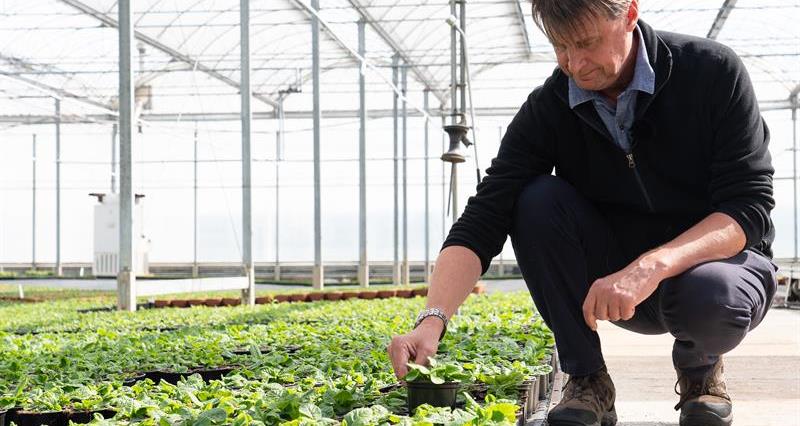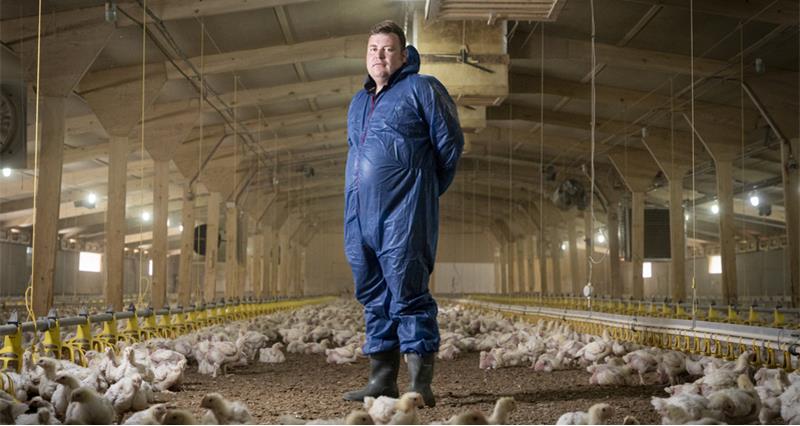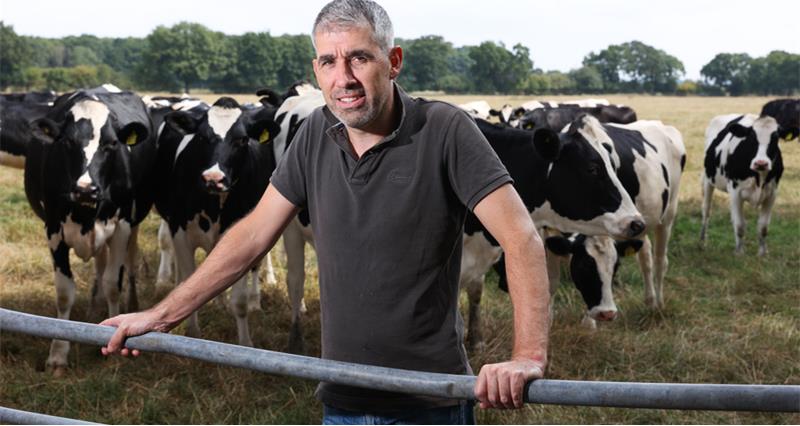2024 was a year of failed promises for the sector.
Following our updated NFU Horticulture Growth Strategy in February, the sector, again, received significant recognition at the Farm to Fork Summit in the spring with promises including a “doubling” of funding to £80 million, money for packhouse automation, easing planning rules for protected cropping, a commitment to a five-year extension of the Seasonal Worker Scheme, and more.
We also had a promise of a new National Action Plan. But announcing the general election so soon after meant these were promises the government knew it couldn’t keep.
Budget impact
The year has since been dominated by the first Budget under the new government, which has huge implications on wages and National Insurance, and many supply chains are simply not in a position to service this level of impact.
Add to that the poorly rolled out SMETA standards, and (at the time of writing) only a limited extension of the Seasonal Worker Scheme, then labour availability and costs are yet again at the top of most of our members’ minds.
Many businesses have also been impacted as a result of the Border Target Operating Model coming into full effect earlier this year.
“In early 2025, we will again refresh our own growth strategy and seek policy support from government to secure our sector’s future.”
NFU Horticulture and Potatoes Board chair Martin Emmett
Members have been reporting significant delays, damage to plants, biosecurity risks and plants being destroyed.
‘There is much to be done’
The NFU is working with the government to address these issues.
We hope to have a longer-term commitment to the SWS (Seasonal Worker Scheme), and await the response to the Defra supply chain fairness review.
The Farming Minister has also echoed our disappointment that the last government didn’t write a promised Horticulture Growth Strategy.
Perhaps it may now be written under the new government. In early 2025, we will again refresh our own growth strategy and seek policy support from government to secure our sector’s future.
There is much to be done.







